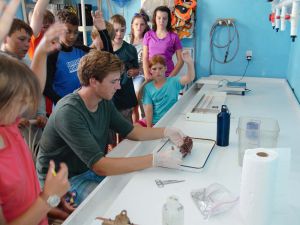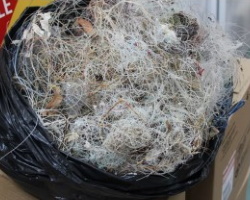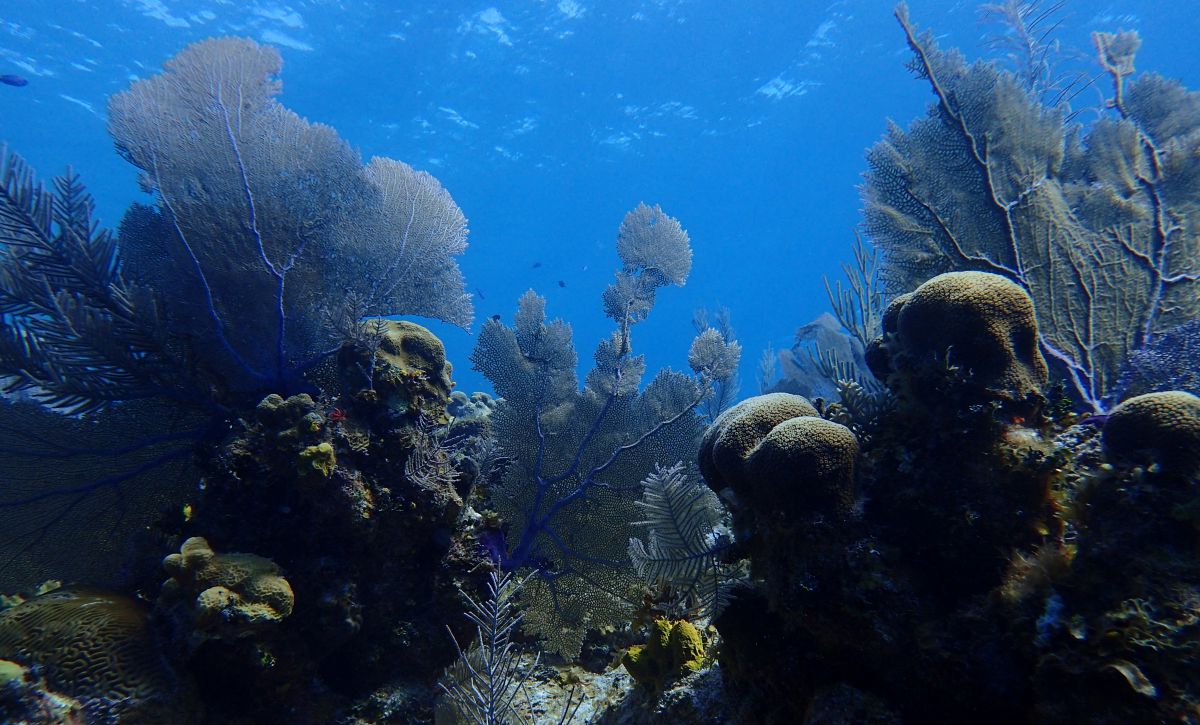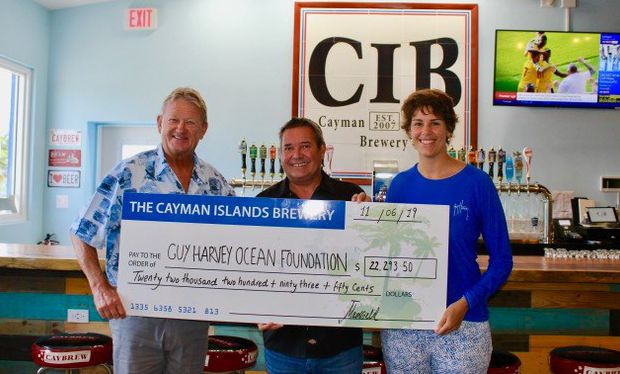(CNS): The National Science Foundation (NSF) has provided a facilities grant to the Central Caribbean Marine Institute’s (CCMI) Little Cayman Research Centre that will significantly improve operations capacity and overall output. Both the NSF and CCMI have missions to foster the integration of science and education to improve science, technology, engineering and mathematics (STEM) studies through science education, internships and fellowships.
The NSF grant will enable CCMI to create additional on-site private accommodations for scientists and graduate students; expand common areas including the kitchen, dining pavilion and the bathhouse to match the residential capacity; and make safety upgrades to reduce the risk of damage in the event of a hurricane.
CCMI president Dr Carrie Manfrino said she is grateful for the grant. “One example of how these renovations will positively impact our operations is that we expect these improvements will add up to two hours a day of field, lab and classwork through streamlining the capacity to serve meals and accommodate more people on site,” she said.
“This will help support our goal of developing early-career scientists and foster the pursuit of scientific discovery that culminates in present and future generations of active environmental stewards,” she said.
Meanwhile, Tom Sparke, CCMI education programme manager, has recently joined the newly formed education committee of the International Society for Reef Studies (ISRS), which comprises reef scientists and managers working together to promote global awareness of coral-reef conservation. Members of this not-for-profit organisation are involved in providing support to various academic institutions, marine laboratories and other conservation institutions.
“It is a privilege to be a member of the first ISRS education committee,” said Sparke. “At CCMI we are making huge strides in bridging the gap using new technology and immersive teaching techniques. I am excited to share these successes through the committee.”
The education committee will manage the society’s environmental education and public-awareness activities; offer seminars and presentations to universities; and work with other organisations on reef-education projects.
Sparke said he was looking forward to future collaboration with the committee, and expressed his enthusiasm for combining science with education.
“Sharing innovative ideas with like-minded scientists is a fundamental tool required to protect and restore our coral-reef systems for future generations,” he explained. “Therefore this is a great achievement, but one which does not belong solely to CCMI – this is Cayman’s achievement as well.”





